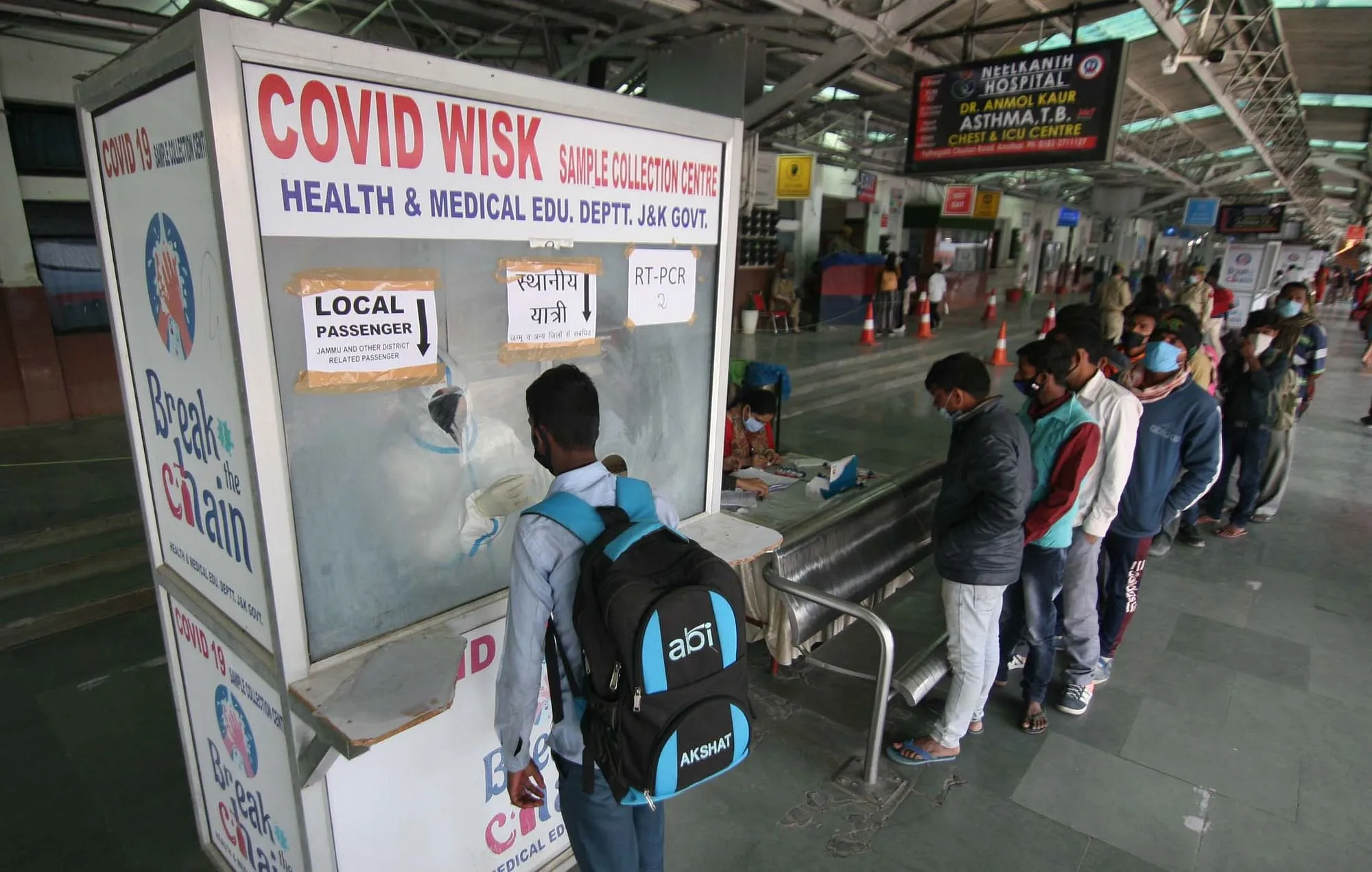Srinagar: A fresh study by Indian Council of Medical Research (ICMR) has established the looming threat of Delta variant even among the vaccinated.
In J&K, genome data from INSACOG labs reflected that this mutant virus was responsible for 85 percent of infections here.
A senior health official said Delta variant was found to be the strain of SARS-CoV2 virus in 85 percent of samples sent from J&K for genome sequencing in the month of June. He said, “The variant has a high transmissibility and has become the major circulating strain in the past four months.” Since April, as per Government of J&K figures, this variant has replaced most other variants and its share in infections has risen from 12.5 percent to 85 percent now.
The data pertaining to months after June was unavailable, the official said, adding that there could be other variants that were spreading fast. “Genome sequencing takes time,” he said.
The findings of the study, published in the Journal of Infection on August 17, point towards the fact that the Delta variant infected both vaccinated as well as unvaccinated people.
Dr Rouf Hussain Rather, a social and preventive medicine expert working in Divisional Covid Control Room acknowledged Delta variant being responsible for over 80 percent infections in Kashmir. He said the ICMR research article indicated that the pattern of infection of Delta variant infection in both vaccinated and unvaccinated people was similar, however, it did not mean the incidence of infection in vaccinated was similar to the unvaccinated.
“In hospitalized people, as per the study, the Delta variant was found to be responsible for infection in as many vaccinated as unvaccinated,” he said. He said that in view of the highly transmissible nature of the Delta variant, it’s important that people continued to follow the established SoPs and wear masks in crowded places.
The study states, “This might be the reason for the breakthrough infections observed in the fully vaccinated individuals.”
“We often do not know the variant that is in the community and the efficacy of the vaccine against the variant. Therefore, masks and social distancing are a must in addition to vaccination,” Dr Hussain said. “But the proportion of patients progressing to severe illness and mortality was lower in the vaccinated group which is the case globally,” the study adds.






